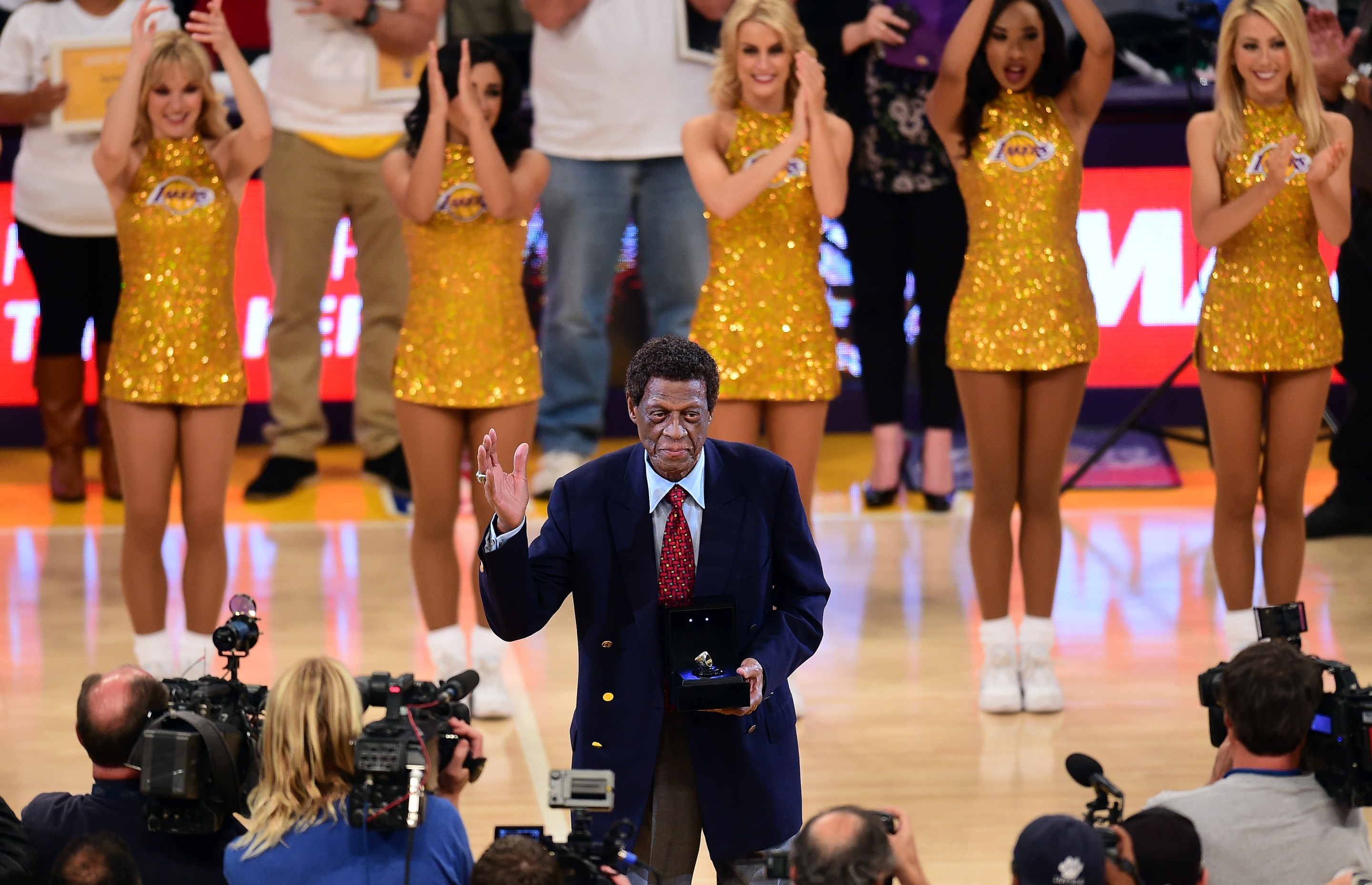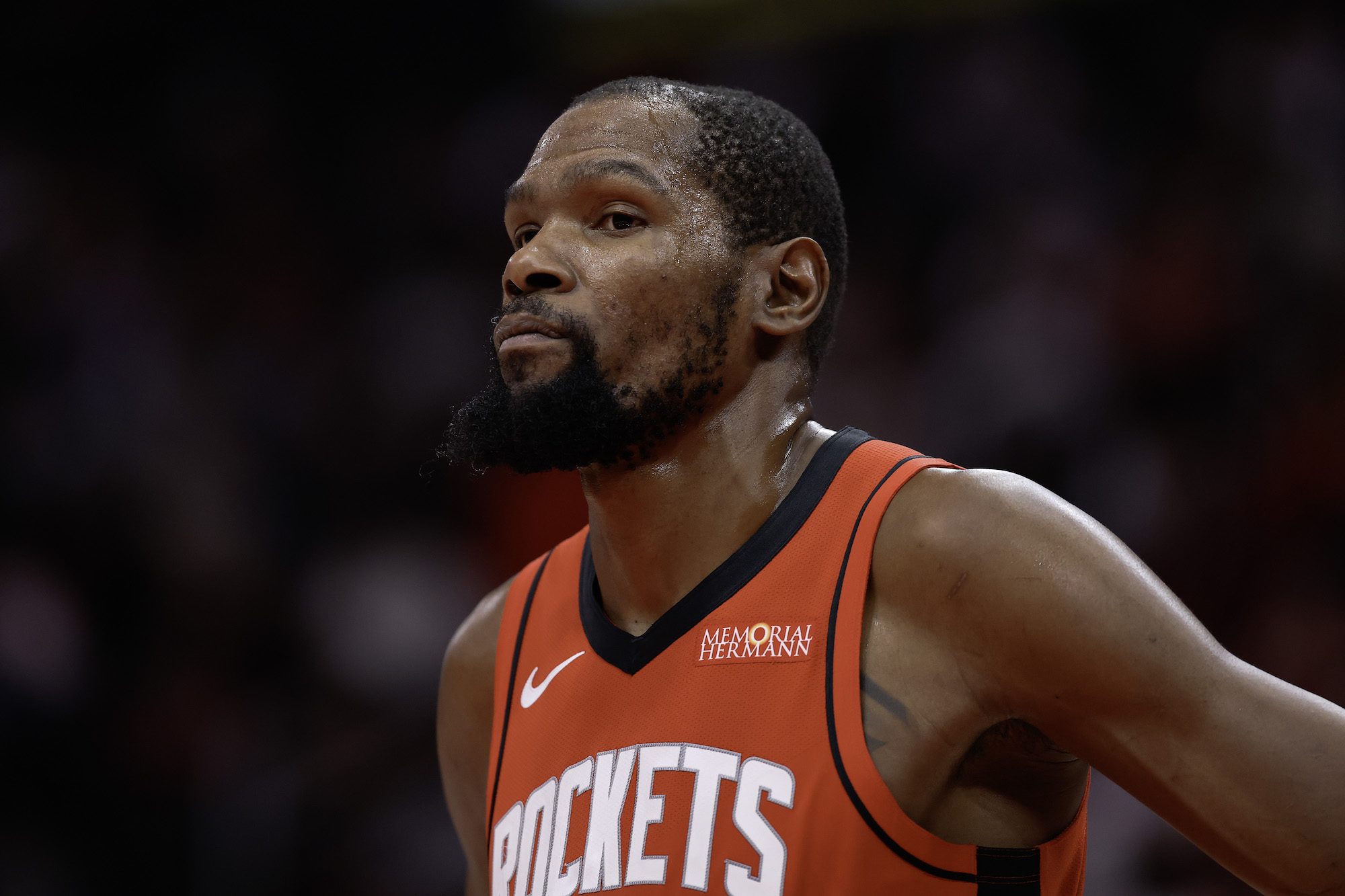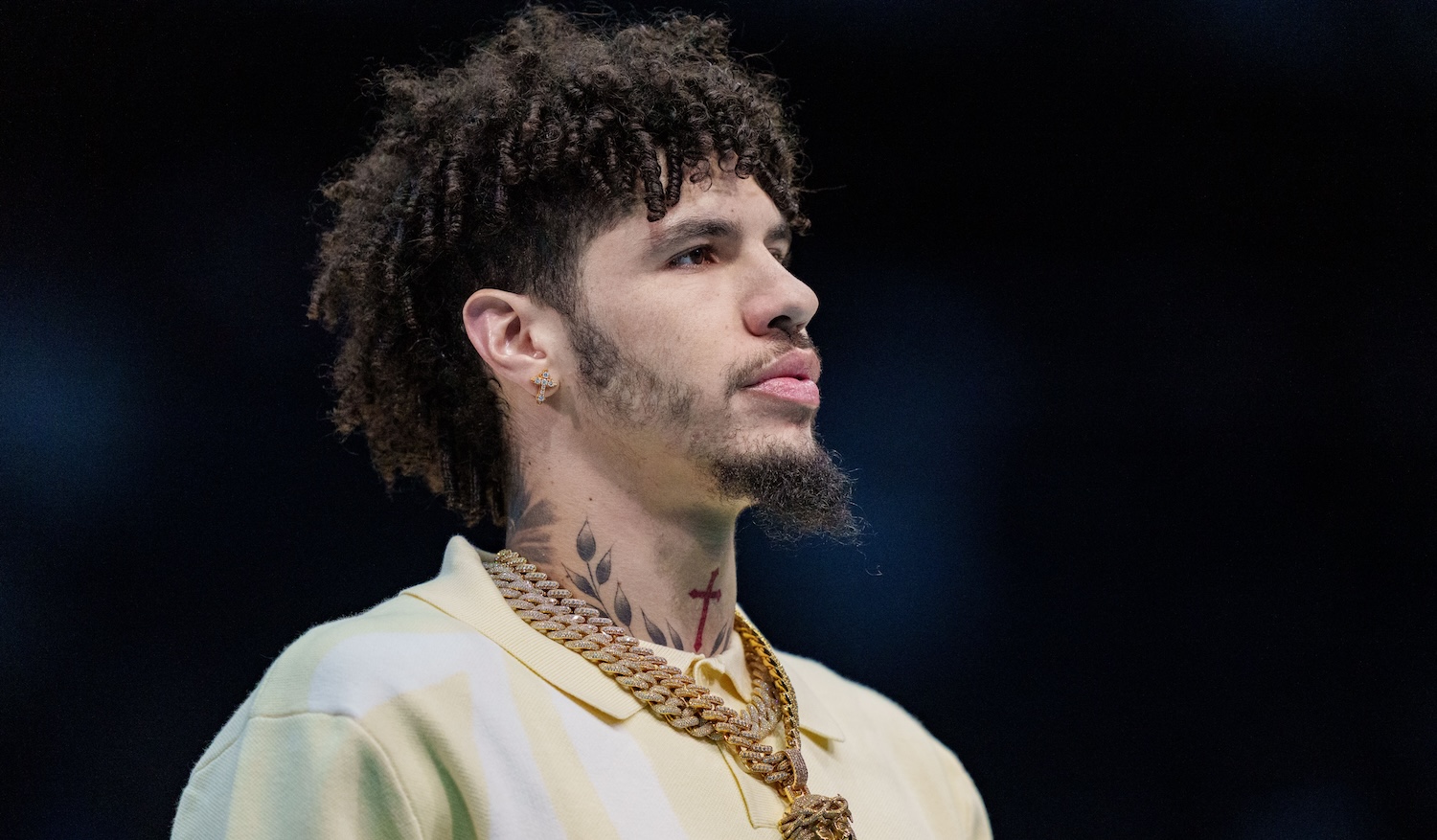Elgin Baylor had a wonderful life, but deserved better.
Baylor, the greatest and most important athlete to ever come out of the Nation’s Capital, died Monday. No cause of death has yet been released. He was 86 years old.
I wrote for a D.C. weekly newspaper for 26 years, mostly stories about sports in the city, and I never loved my job more than when I got to write about Baylor. I found everything about his life here fascinating and so much of it enlightening. I felt everybody who cares about sports or this country should hear about the evils he was forced to endure and overcome while growing up in a city that took enforcing racial segregation laws as seriously as it took anything. Baylor once told me about how on the way to his all-black elementary school every morning, he walked past a big playground that only white kids could play on. Later on, his team from all-black Spingarn High School was statutorily prohibited from competing against teams from white schools. Baylor was quite possibly the best basketball player on the planet by his senior year of high school, but he wasn’t eligible to play in the official postseason all-star games. Only white kids were. So he was a well-kept secret outside of the black side of his hometown, where everybody buzzed about the kid known on the playgrounds as “Rabbit.” Smart promoters tried to change that by pitting Baylor’s boys club squad, Stonewall A.C., against teams of the area’s best white high school and college players (one billed as the “Academic All-Stars”), and filled Turner’s Arena, a local auditorium.
Baylor’s teams always came out on top. In 1999, I spoke with Jimmy Wexler, the best player on the white side of town in Baylor’s high school days and the guy whose scoring records were all shattered by Baylor, about their matchup in one such “Mixed-Race Battle.” Nearly half a century after the game, Wexler still felt guilty about having gotten more media attention for his feats than Baylor did at the time. Wexler was also still in awe about getting to play against the nascent Baylor and watch up close just as Rabbit was inventing "hang time" on the hardwood and changing how the game of basketball was played. “He showed me basketball at a totally different level—another world, heads and shoulders above anything I’d ever seen,” Wexler said. “He reverse-dunked on me! You have to remember: Nobody did that before Elgin Baylor.”
Brown v. Board of Education, the Supreme Court case that would outlaw segregation in public schools in D.C. and across the country, was decided mere weeks before Baylor’s high school graduation. (Spottswood Bolling, a schoolmate of Baylor’s and also a basketball player at Spingarn, was a lead plaintiff in that iconic case.) Baylor decided he wasn’t going to any segregated college. But while everybody who knew him could vouch for his otherworldliness, Baylor wasn’t recruited by any D.C. area schools, since all those with serious basketball programs were years away from letting black kids play. And he only got feelers from out-of-town schools, no serious scholarship offers. So when a friend from D.C. got him a free ride to play football at the College of Idaho, Baylor, despite never having played organized football or spent any time outside of his hometown, took it and took off. I think all the time about Baylor getting on a train out West from D.C. in 1954, forced to leave town and everything he knew behind to chase greatness, which he would surely find far from home. That image tells me so much about what was wonderful about him and wrong with our country.
Damn, he was great.
RIP, Elgin.






